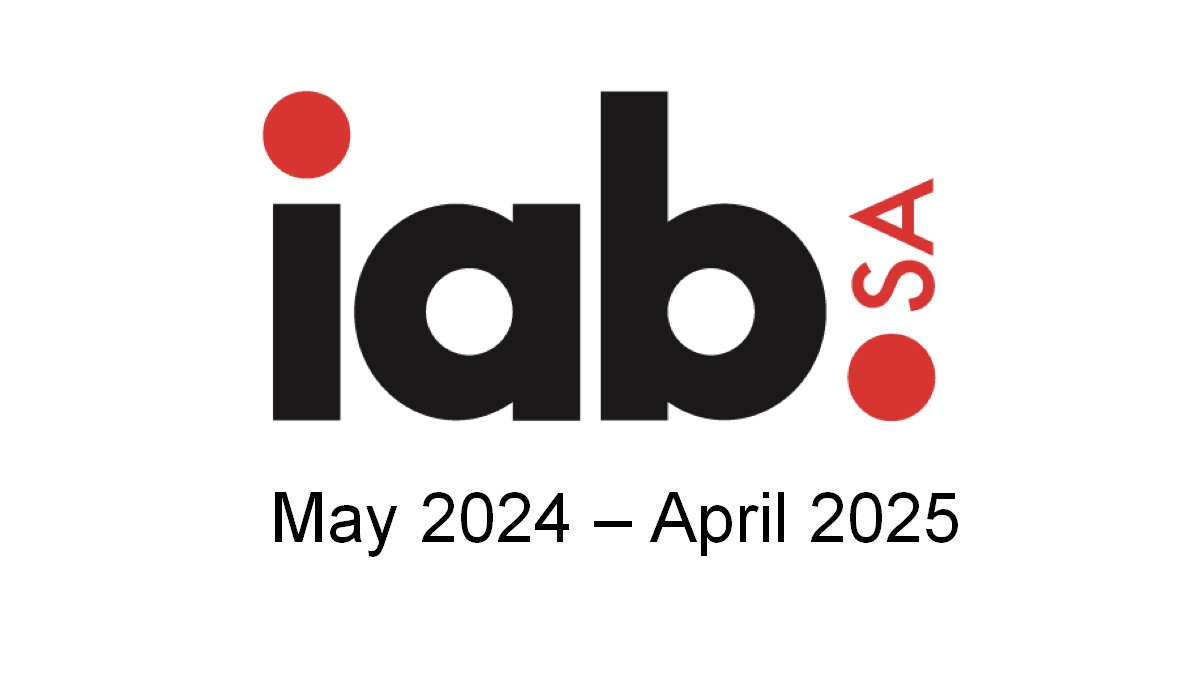Concerned bodies are calling on government to enforce stricter measures on alcohol sales and consumption in order to curb gender-based violence and child abuse.
These include the South African Medical Research Council (SAMRC), UCT School of Public Health, the Board of the Western Cape Liquor Authority and the DG Murray Trust.
In a statement, they said the time is now to put the rights of women and children first and tabled five ways in which alcohol consumption can be restricted.
“There is global evidence of what needs to be done now. While social drinkers may feel that price increases and other restrictions are unfair on them, it is time to face up to what ‘unfair’ really means for women and children. We reiterate the President’s view that if we don’t act, we are all complicit in these crimes,” reads their statement.
They claim that based on international evidence and following the advice of the World Health Organisation implementing these measures have been shown to be effective.
“There is a dire need to protect women and children from alcohol-associated harm”, says Dr Glenda Gray, President of the SAMRC.
The measures they table include: banning advertising of alcohol (except on the site of sale, where it should not be visible to those under 18 years); Increase the price of alcohol, both through excise taxes and by introducing a minimum price per unit of pure alcohol in liquor products; reduce the legal limit for drinking and driving to a blood alcohol content of 0.02% or below; reduce the availability of alcohol, especially in residential areas (by limiting the density of liquor outlets, shorter trading hours, and ending the sale of alcohol in larger containers like 1-litre bottles of beer); intensify the availability of counselling and medically assisted treatment for persons struggling with dependence.
They say the extent of alcohol abuse and its link with violent crime is without equal in Africa and should be a source of deep shame to all South Africans.
“It is now time to put the rights of women and children first – those who are or will become victims of harmful use of alcohol, and there is global evidence of what needs to be done now,” says Dr David Harrison, CEO of the DG Murray Trust.
The statement points out that although only a third of adult South Africans drink alcohol, 60% of those who drink, binge-drink (more than 5.4 standard drinks per day).
“Binge-drinking is strongly associated with interpersonal violence, motor vehicle accidents and risk-taking behaviour. The measures described above have been shown to significantly reduce the societal harm of alcohol. The World Health Organisation and comparative studies across the world have shown that banning of advertising, limiting consumption through higher prices and reducing the legal drink-driving limits and the availability of alcohol are all highly cost-effective measures. These measures must be supported by other interventions shown to be effective, including raising the legal drinking age to nineteen years and enforcement of public drinking by-laws.”
Furthermore, they advise that product tracking and tracing be put in place to close the supply routes to illegal vendors.
“These provisions are included in the Draft Liquor Amendment Bill. We call on the government to proceed with the implementation of this Bill and other stalled legislation aimed at reducing alcohol harm such as the Control of Marketing of Alcoholic Beverages Bill.”




